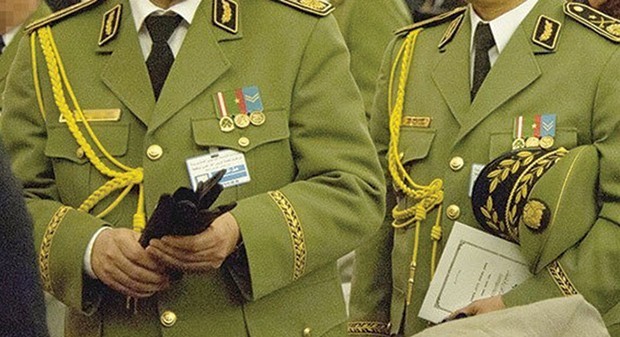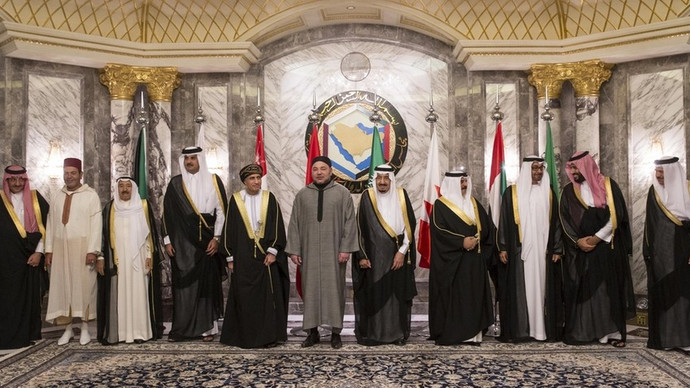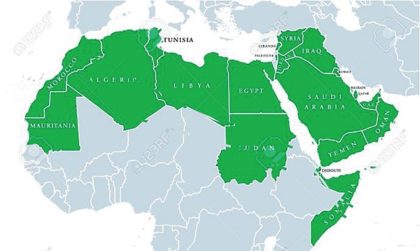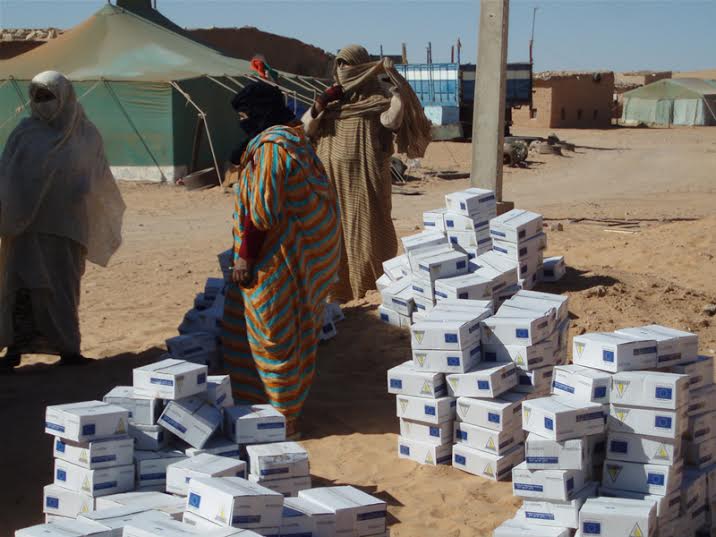The freezing of assets belonging to active or retired Algerian military generals and elites is meant to exert pressure on the authoritarian and military regime of Algeria. The freezing of assets, estimated at several billion dollars, is aimed at combating terrorism financing and to preserve peace and security, which are top priorities for international organizations of the UN, according to UN and European sources.
This process, in addition to targeting political leaders, also involves their families and international business networks, aiming to limit the resources used to finance terrorist activities or violate human rights.
The Algerian regime, led for several decades by a military hierarchy and corrupt political elites, is increasingly criticized for its relations with terrorist groups in the Sahel region and beyond.
According to Western reports, the military power maintains direct or ambiguous ties with terrorist groups supporting organizations such as Hamas, the Lebanese Hezbollah, the Houthis, and Iranian militias in Syria and Iraq.
These accusations have been revealed by several intelligence services concerning support for organizations like Al-Qaeda in the Islamic Maghreb (AQIM) or the Islamic State in the Greater Sahara (EIGS), and other groups operating in Algeria’s border regions in Mali, Libya, Niger, and even Burkina Faso.
Observers believe these groups, due to their geographical proximity and actions, benefit from complicity or silence from the Algerian authorities, particularly due to geopolitical, economic, and internal factors.
Furthermore, the elements of the military hierarchy, perceived as the true holders of power in Algeria, have been accused of exploiting regional chaos to maintain their influence and guarantee their control.
The freezing of assets, whether imposed by UN sanctions or countries like the United States and the European Union, will affect bank accounts, real estate, and investments held by Algerian officials and their families abroad, particularly in France, Spain, Asia, and other Arab countries.
The families of generals, ministers, and other elites connected to the government often play a key role in exploiting legal loopholes by investing in sectors controlling companies abroad.
According to analysts, international sanctions face the complexity of the transnational financial networks of Algerian elites. These networks are often opaque and use countries with weak financial regulations to conceal assets and transfer funds.



